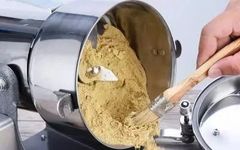
■ Editor: Qiao Qiao
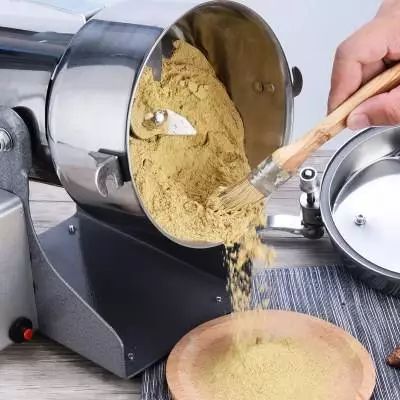
Some patients prefer to slice Chinese herbs for soaking or to grind them into powder for oral administration, believing that this method avoids the hassle of decoction and enhances absorption, potentially improving efficacy. But is this really the case? In this issue, we will explore this question.

The Origin of Powdering Chinese Herbs
The modern practice of powdering Chinese herbs originates from the powdered form (sanji) in traditional Chinese medicine (TCM) formulations (decoctions, pills, powders, pastes, and tinctures). The powdered form is one of the oldest formulations, with records in the earliest medical texts such as the Huangdi Neijing (Yellow Emperor’s Inner Canon). The Shennong Bencao Jing (Classic of Herbal Medicine) discusses the methods of powdering, stating, “First cut finely and dry, then pound; there are those who pound separately and those who pound together…” The powdered form for oral administration is generally made by grinding single herbs or formulas using a grinder or mortar and pestle. Powders are classified into coarse and fine powders; coarse powders are made by grinding the medicinal materials into a rough powder, which still requires decoction to remove dregs and extract the juice, thus remaining similar to decoctions. True internal powdered forms are fine powders, requiring the medicinal materials to be ground very finely, typically passing through an 80 to 100 mesh sieve, and must be dry, loose, uniform, and of consistent color.

Chinese Herbs Suitable for Powdering
Ancient texts have long discussed the characteristics of powdered forms: “Powdered herbs are dispersed and used for acute illnesses.” Because powdered forms have a larger surface area, they are easier to disperse and act quickly. Most Chinese herbs can be powdered; some herbs used as health food supplements indeed show better effects when powdered than when decocted. For example, San Qi (Panax notoginseng), Xi Yang Shen (American ginseng), and Dan Shen (Salvia miltiorrhiza) have hard textures that do not easily dissolve, making decoction alone insufficient to exert their medicinal effects. Powdering or making soups from these herbs is a good method of administration.
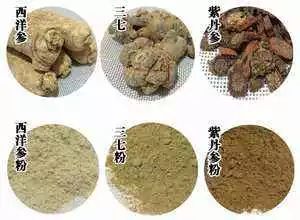

Chinese Herbs Not Suitable for Powdering
However, due to the increased surface area after grinding, the odor, taste, irritability, hygroscopicity, and chemical reactivity of some herbs also increase, making them prone to changes; volatile components may easily dissipate. Therefore, some strongly corrosive and moisture-sensitive herbs should not be made into powdered forms. Additionally, animal tissues or animal-derived herbs, toxic herbs, and herbs containing volatile oils are not suitable for powdering, such as Mulberry Silkworm (animal-derived), Scorpion (toxic), Zhi Qiao (Bitter Orange), Dou Kou (Cardamom), and Bo He (Peppermint) (which contain volatile oils).
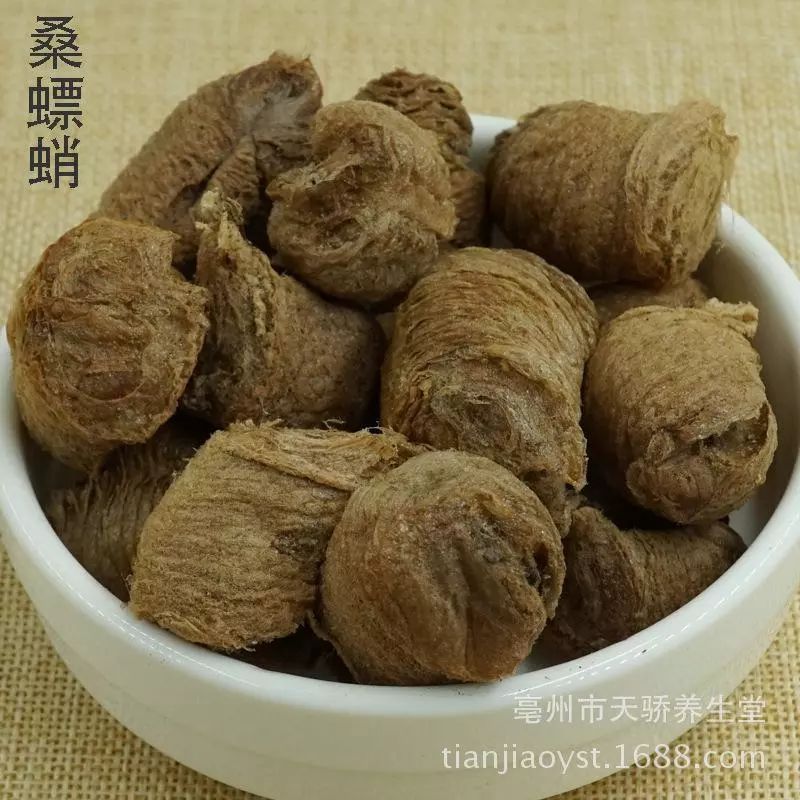
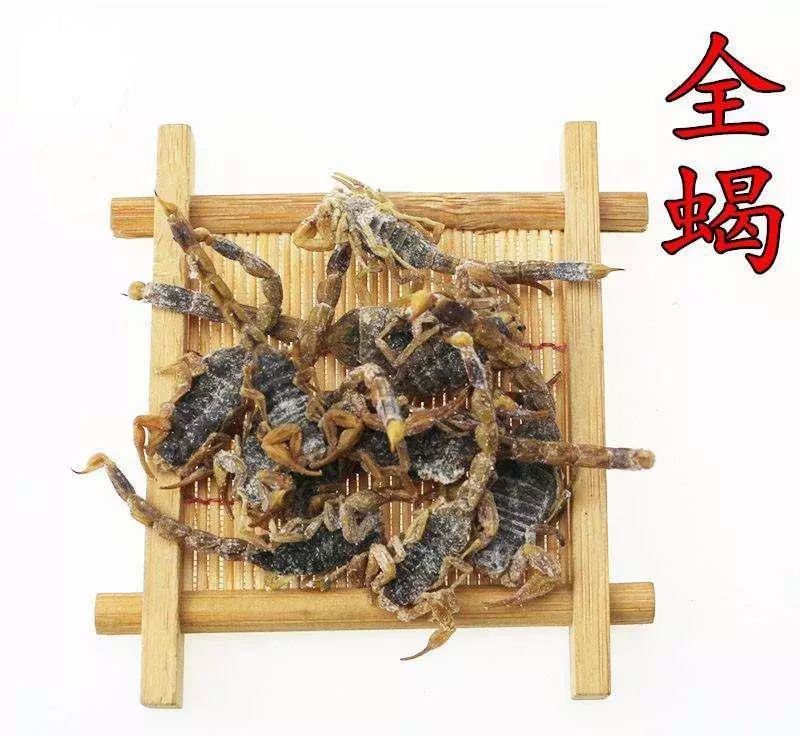

Precautions for Taking Powdered Chinese Herbs
When storing powdered herbs, they should be kept dry, and the storage time should generally not exceed 2 years to avoid moisture absorption and deterioration affecting efficacy, especially for some precious herbs. Additionally, herbs with high stickiness and sugar content, such as Shu Di Huang (Rehmannia glutinosa) and Gou Qi Zi (Goji Berries), are recommended to be stored in the freezer after powdering, as they are prone to moisture absorption and softening, and should be thoroughly dried at low temperatures; otherwise, they may stick to the walls of the grinder, affecting the fineness of the powder.
Thank you for reading and sharing

They are reading:
①Call for Papers for “New Chinese Medicine and Clinical Pharmacology”!
②Contents of Issue 5, 2019
③Health Tips for Xiaoman
【Statement】
The copyright of the images and text belongs to the original rights holder, and this platform is for non-commercial use. The views expressed are solely those of the author and do not represent the position of this platform. This article is published by the WeChat platform of New Chinese Medicine, please respect others’ labor, and when reprinting, please indicate “Reprinted from New Chinese Medicine (zyxylc)”! Direct copying without attribution is prohibited!
We welcome original submissions! Submission Email: [email protected]
If this article infringes your rights, please contact us promptly for authorization discussions or immediate deletion!
New Chinese Medicine ∣Official Account of a Professional Journal
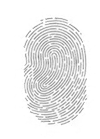 Long press to identify the QR code and follow us
Long press to identify the QR code and follow us

